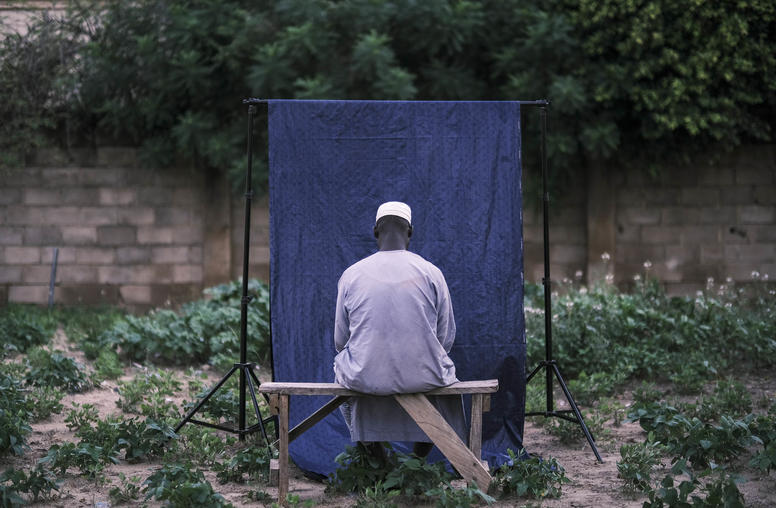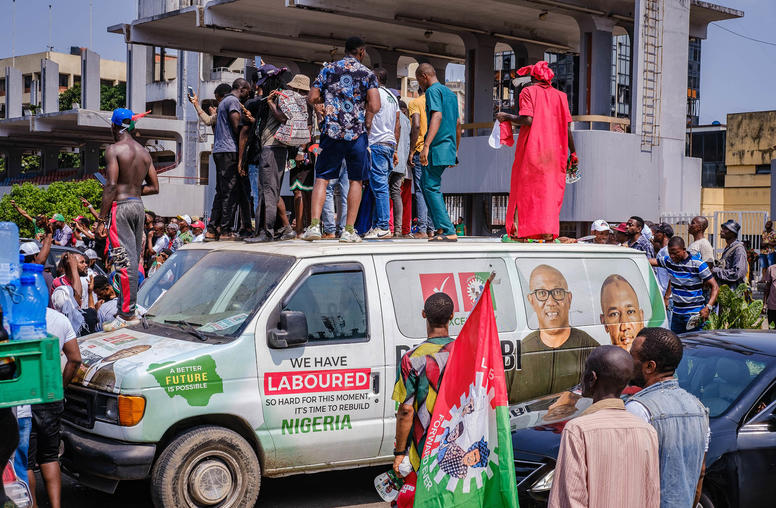Nigeria’s Economic Policies: Dealing with the Challenges of Development
USIP welcomes Nigeria’s Minister of Foreign Affairs, Ambassador Olugbenga Ashiru, on September 29 to discuss President Goodluck Jonathan’s efforts to consolidate recent economic progress and improve the quality of life for all Nigerians.
Read the event coverage, Nigerian Foreign Minister Lays Out Ambitious New Agenda for Country
 This event has ended, you may download the audio or written remarks below
This event has ended, you may download the audio or written remarks below
Nigeria’s April 2011 elections were a milestone in the country’s road toward more inclusive and participatory government. Political and economic reforms over the past decade are yielding results. The Nigerian economy has grown by more than five percent in each of the past three years, a trend that is likely to continue over the medium term.
Nevertheless, significant challenges remain in terms of sustaining the growth rate and the people’s access to the benefits of this development. In spite of its oil wealth, Nigeria is ranked in the “low human development” category on the Human Development Index. Deficits in infrastructure, security, corruption, and unemployment remain major challenges to economic growth. Successfully addressing these challenges in Africa’s most populous country would have far-reaching implications for regional peace and prosperity. Peace is essential to development and therefore paramount to the sustenance of Nigeria’s growth and realization of the country’s reform goals.
The Institute has been active in helping Nigerian organizations to ameliorate conflict in Plateau State and in the Niger Delta, as well as preparing publications on climate change and the distribution of oil revenues.
The U.S. Institute of Peace welcomes Nigeria’s Minister of Foreign Affairs, Ambassador Olugbenga Ashiru, on September 29 to discuss these issues and President Goodluck Jonathan’s efforts to consolidate recent economic progress and improve the quality of life for all Nigerians.
Speakers
- Ambassador Olugbenga Ashiru, Featured Speaker
Nigerian Minister of Foreign Affairs - David Smock, Introductions and Moderator
Senior Vice President, Centers of Innovation, U.S. Institute of Peace
Explore Further
- Download Remarks by Ambassador Olugbenga Ashiru
- View USIP's work on Nigeria
- Read Conflict in the Niger Delta by Cris Newsom
- View More Resources on the International Network for Economics and Conflict



